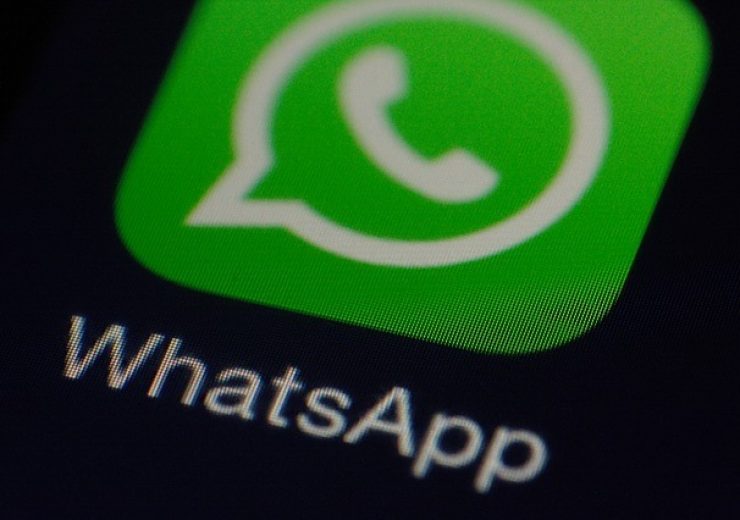The US-based messaging service provider warns that the government mandate will break its end-to-end encryption

WhatsApp icon on a smartphone. (Credit: Alfredo Rivera from Pixabay)
WhatsApp has filed a petition against the Indian government in the High Court of Delhi over enforcing new IT laws for tracing the source of “unlawful” messages using its platform.
The Facebook-owned text and audio chatting service said that the proposed laws will severely undermine the privacy of billions of users and also their freedom of speech and expression.
Claiming that the mandate on traceability will break its end-to-end encryption, WhatsApp has asked the court to dismiss the government’s orders as “unconstitutional, ultra vires the IT Act, and illegal”.
As per the government mandate, social media firms have to identify the first originator of information when demanded by authorities in matters relating to law and order and national security.
WhatsApp has argued that complying with the new laws means that it has to break the encryption it had developed in 2016 for receivers of the message in question and also that of the originator.
According to the company, its encryption technology enables calls, messages, videos, photos, and the voice of a user to be shared only with the intended recipient and nobody else, which includes WhatsApp itself.
The company stated: “Reasonable and proportionate regulations for an increasingly digital world are important, but eroding privacy for everyone, violating human rights, and putting innocent people at risk is not the solution.
“WhatsApp is committed to doing all we can to protect the privacy of people’s personal messages, which is why we join others in opposing traceability.”
The company said that traceability needs storing of information that can be used for determining the content of messages. To trace even one message, the company said that it will have to trace every message as it is impossible to predict which of them a government would want in the future for investigation purposes.
Meanwhile, the Indian Ministry of Electronics and IT headed by Union Minister Ravi Shankar Prasad stated: “It is in public interest that who started the mischief leading to such crime must be detected and punished.
“We cannot deny as to how in cases of mob lynching and riots etc. repeated WhatsApp messages are circulated and recirculated whose content are already in public domain. Hence the role of who originated is very important.”
The Union Minister added that none of the measures proposed by the government will affect the normal functioning of WhatsApp and will also not have any impact on the common users.


